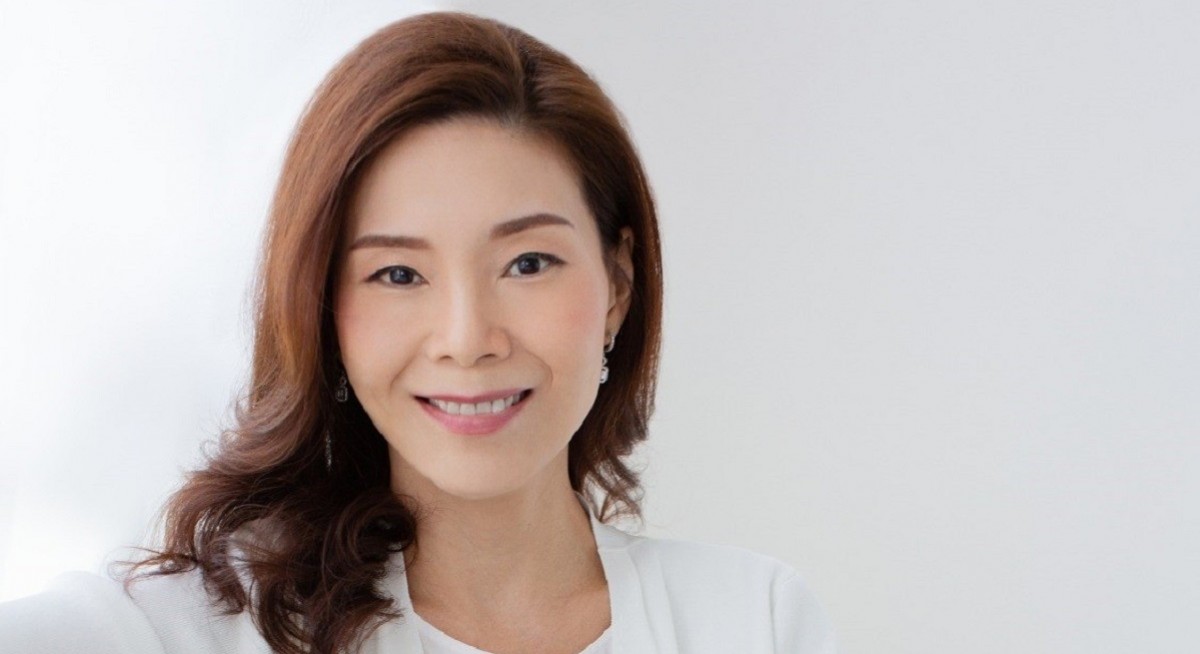“This programme is truly about nurturing banking talent, and I believe poly graduates bring unique qualities that the industry needs — especially now,” says Quek, herself a Ngee Ann Polytechnic graduate. “Graduates will be able to get hands-on experience, build their professional network, and take on responsibility in an environment designed to help them thrive.”
In support of this industry initiative, UBS is rolling out a 12-month Polytechnic Graduate Programme tailored for diploma holders. It offers a hybrid work-and-learn model, with rotations across the bank and access to line managers, mentors and cohort-based learning. The approach, Quek says, is underpinned by UBS’s “3Es”: education, exposure and experience.
Polytechnic graduates bring a “practical mindset”, she adds. “There’s a higher sense of agility, a hunger to learn and an openness to doing things differently.” This makes them well-placed to meet the demands of the modern banking sector, where job roles evolve rapidly with technology and volatile macroeconomic environments.
The initiative comes at a time when the financial sector is grappling with how best to develop future-ready talent. “We live in a time of flux,” says Quek. “Skills that are taught today may become obsolete tomorrow. What we need are adaptable individuals who can pivot as the industry evolves.”
See also: OCBC maintains top position in Bloomberg’s Bookrunner League Table for SGD bonds
“I was interviewing a few candidates recently,” Quek recalls. “Diploma holders were hungrier and more open to taking on projects.”
Quek believes the early exposure can give diploma holders a level playing field: “They can start working earlier and continue with higher education. The right aptitude and attitude are more important than the qualification.”
UBS’s initiative mirrors its longstanding apprenticeship model in Switzerland, where staff start careers as young as 16 and progress through on-the-job learning. “In fact, some of our colleagues in Switzerland have gone on to become CEOs,” says Quek.
See also: Billionaire doctor in boardroom key to OCBC’s new CEO ambitions
In Singapore, the UBS programme reflects this philosophy, with wealth management at its core. Participants will be rotated through key departments to gain sector-specific knowledge and technical depth. The bank also offers international exposure through its global presence in over 50 countries.
According to Quek, the bank's precious UBS Singapore University Program for Employability and Resilience, or UBS-SUPER for short, trained over 409 individuals, many of whom secured jobs in the sector.
UBS-SUPER is a learning platform to help graduates and mid-career individuals develop sustainable skills that will equip them for the workforce of the future in the financial sector.
The new polytechnic pathway will continue that effort. “The focus is really on meritocracy and recognition. The sky’s the limit. Two of my junior diploma-holder colleagues now head compliance in different banks.”
A change in mindset
Via this programme, UBS hopes to offer a broader perspective for the Singapore corporate ecosystem. For the sake of a more vibrant and inclusive financial industry ecosystem, all stakeholders can come together shift the narrative. “It takes two to clap. If we can come together, we can drive a meaningful adoption of diploma talent across the sector.”
The stereotype that only degree holders are job-ready needs to be revisited, she argues. “If diploma holders can enter the workforce earlier, we can mould them earlier. They learn on the job and can pursue higher education later — they can have a head start as they are exposed to the highly dynamic changes and new skills that make them even more relevant to the industry - it becomes almost a level playing field.”
The way she sees it, getting some work exposure after graduating from a polytechnic may even help students better understand what they want to further pursue when they decide to get a degree later on. While the initiative aims to help give poly graduates a fighting chance in the B&F world, it also encourages them to later further their studies and better prepare them when that time comes.
Quek’s own career began in an administrative role at UBS. “I joined with a diploma, but I knew I wanted to keep learning. Eventually I pursued a degree in management science. But that first job gave me access to the industry and an opportunity to prove myself.”
As part of the Financial Industry Fiesta, UBS also hosted polytechnic students at its Penang Road office on July 9, offering a tour and sharing about its Early Career Talent Programme.
To stay ahead of Singapore and the region’s corporate and economic trends, click here for Latest Section
Quek says the success of the programme will be measured not just by placements, but by long-term outcomes: “We will look at how these students grow in their careers, whether they find permanent roles and how they embrace a culture of lifelong learning.”
The initiative also aims to improve overall employability, she adds. “Even if they don’t stay at UBS, we are building capabilities for the industry. That’s the broader impact.”
Looking ahead, Quek hopes more firms will recognise the value of hiring diploma holders. “If we can close the compensation gap and offer meaningful progression, we will see broader adoption across the industry. It starts with someone taking the lead.”




